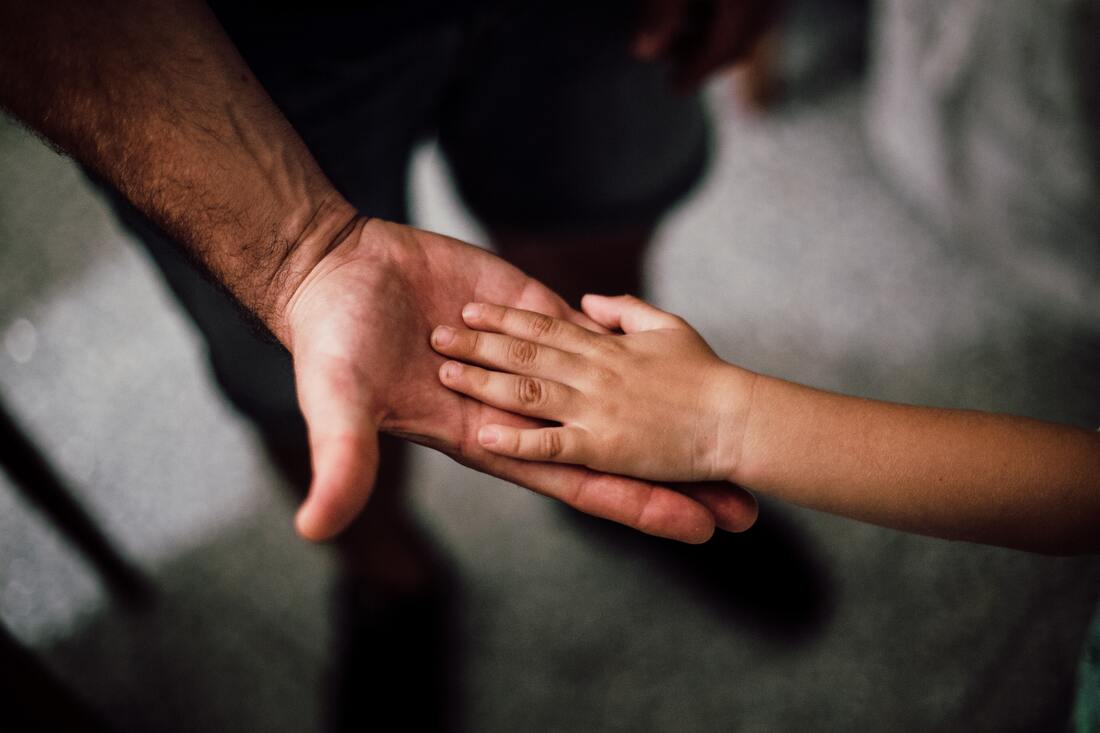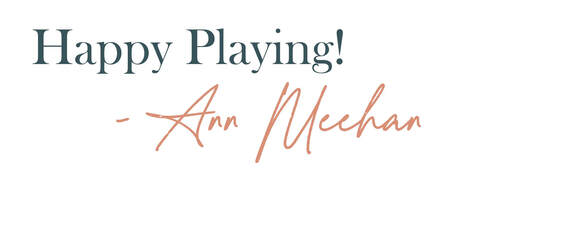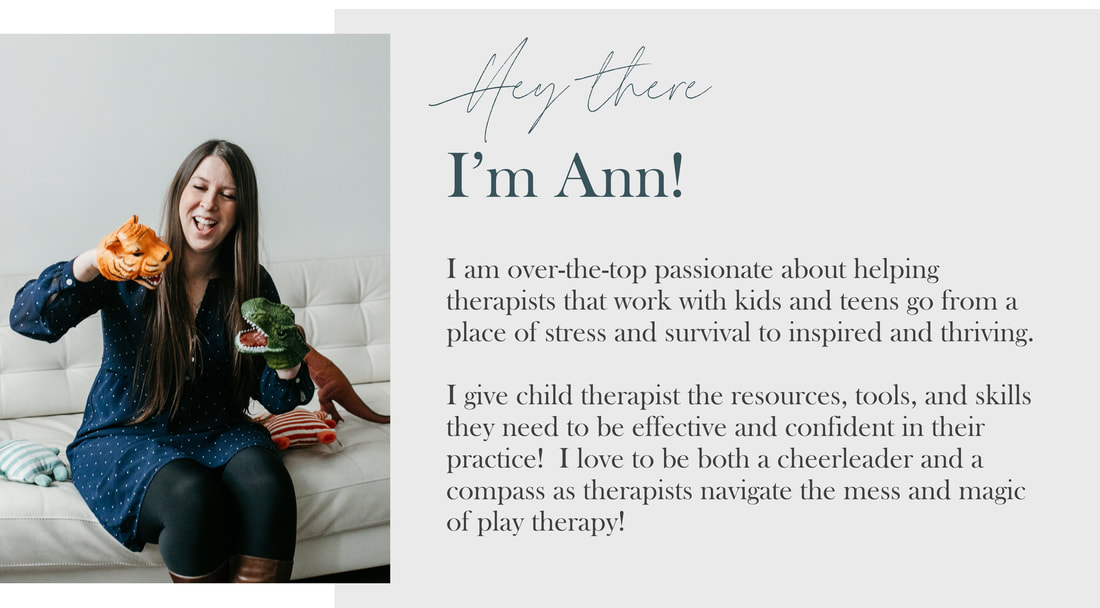|
If you have been around the block a time or two as a therapist you are all too familiar with the intake process.
First comes the intake call and next the scheduled diagnostic assessment. It’s from the diagnostic assessment you get this thing called… well the diagnosis. If you take insurance, the diagnostic code from the DSM-V TR and the ICD-11 (paired with your treatment plan) is your golden ticket to begin to see clients for regularly scheduled therapy sessions. In short - if after the diagnostic assessment is complete and a client has zero diagnosable mental health conditions it isn’t appropriate to start a course of mental health treatment, according to insurance. BUT if they do have a diagnosable mental health condition, then it is appropriate as a therapist to develop a treatment plan and course of therapy to support decrease in mental health symptoms and impact in daily life. I do want to acknowledge the complications with the DMS-V TR diagnosis system (the tip of the iceberg here, here and here) and that there is absolutely value in getting mental health support to maintain mental wellness. Unfortunately at this point for most insurances and situations it is considered a non-reimbursable service therefore private pay is needed to continue, which again is unfortunately out of reach for most clients. So, diagnosis and billing insurance for mental health therapy services is a reality of many therapists. I wanted to share a term that I reflect on often when I think about children and mental health therapy, which is medical necessity. Insurance defines medical necessity as: Except where state law or regulation requires a different definition, "Medically Necessary" or "Medical Necessity" refers to health care services that a health care provider, exercising prudent clinical judgment, would provide to a patient. The service must be:
Let’s break it down!
To dive a little deeper into “generally accepted standards of medical practice”, this means:
So, any accepted evidence based treatment or treatments or therapies that are up and coming with evidence based backing. Long story short - if you can get training on it that is approved for CEs by a state board or mental health organization, you should be good to go! Now that we know what medical necessity is, why is it so important? The thing with medical necessity, is that if we have a child client in our office who has a diagnosable mental health condition according to the DSM-V TR and ICD 11, it means they medically require treatment for this diagnosis. Not once or twice. Not every couple of months when it fits into the schedule. Consistent ongoing treatment. Therapy shouldn’t be seen as a “nice to have”, “maybe someday”, or “only if it fits between soccer and dance” type of thing. It should be taken as seriously as a traditional medical concern for prioritization for services. And at the same time I want to acknowledge there are real life practical barriers such as transportation or lack of funds, however with tele-health options, therapists in schools, and increased push for low cost or free health care for children we are knocking down those barriers!! In part, I believe seeing mental health therapy as a medically necessary service is one of the paths to destigmatize mental health. And in our work I believe we need to see and connect that mental health difficulties involve our brain, neurochemicals, and memory storage and filing. Mental health difficulties affect how a student shows up at school, how they feel and connect in relationships, sense of self and self esteem, connection and engagement with family. In short - everything. I wanted to share this lens of medical necessity as a push to destigmatize mental health and allow for therapists, parents, caregivers, and professionals to prioritize mental health treatment and see it as both important and necessary! What’s your take on medical necessity and prioritizing children’s mental health? Drop a comment below! Loading...
2 Comments
Ann Meehan
2/5/2024 05:45:41 am
YES! Early intervention and destigmatization are so key for child and adolescent mental health!
Reply
Leave a Reply. |
Hi, there!I'm Ann Meehan, an LPCC, Loading... Archives
July 2024
Categories
All
|
Privacy Policies | Terms of Use | Disclaimer
Contact
[email protected] | Copyright Meehan Mental Health Services 2022
Contact
[email protected] | Copyright Meehan Mental Health Services 2022







